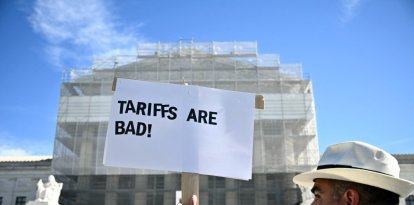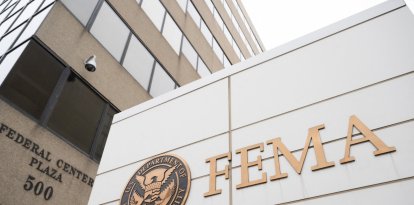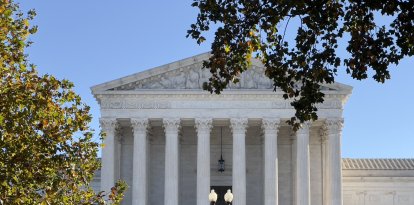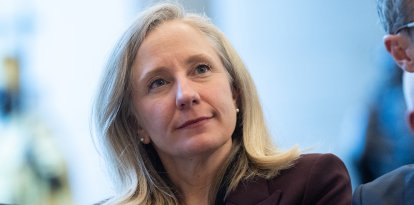Supreme Court sides with Maryland parents opposing use of LGBTQ books in public schools
Parents argue that public schools cannot force their children to participate in classes that go against their faith.

US Supreme Court
The Supreme Court examined on Tuesday the case of a group of Maryland parents who sued the school district over its refusal to allow them to exclude their children from classes using books with LGBTQ themes.
The SCOTUS majority signaled its support for the religious rights of these parents who say the schools' inclusive choices infringe on their Christian beliefs and First Amendment rights.
A case pointing to religious discrimination
Parents argued that public schools cannot force children to participate in classes that go against their faith.
For their part, the schools pointed out that allowing children not to participate in these subjects has become disruptive.
Previously, lower courts backed the schools, prompting the parents' appeal to the Supreme Court.
Judge Brett Kavanaugh repeatedly questioned why the school district rejected the option and spoke of Montgomery County's history as a "beacon" of religious freedom.
"What's the problem with allowing them to opt out?" asked conservative Judge Samuel Alito, referring to the children.
For her part, Judge Amy Coney Barrett, appointed by President Trump to the court, questioned whether they should consider the county's policy to show hostility against certain practices, which amounts to religious discrimination.
LGBTQ-themed books in elementary schools
Five books are at issue during this case: Prince and Knight, two men fall in love after rescuing a kingdom; Uncle Bobby's Wedding, a niece worries that her uncle has no time for her after marrying another man; Love, Violet, about a girl's anxiety about giving a valentine to another girl; Born Ready: The True Story of a Boy Named Penelope, is the story of a transgender boy's decision to share his gender identity with his family and the world; Intersection Allies, describes nine characters from diverse backgrounds, including a gender-fluid one.
Montgomery County has more than 160,000 students in suburban Maryland and began introducing LGBTQ-themed books in elementary education at the start of the 2022-2023 school year.
A decision in the case is expected by early summer.

























